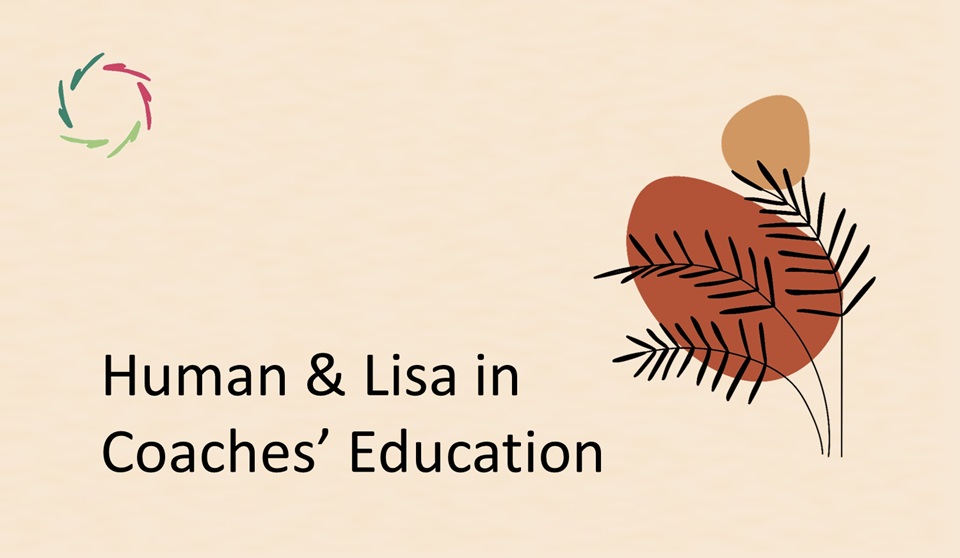Problem -> Goal -> Cause -> Being There

Not all simple things are interesting, but all interesting things are easy to express in words.
Such as:
• What’s the problem? -> What’s the goal?
• What is the deeper purpose?
• What is the cause of this deeper purpose? Why do you want that?
• Be there.
In the case of superficial goals, it is not so interesting to look for causes. If it’s about deeper goals, it is interesting, of course, without necessarily wanting to frame those causes.
Those causes are the source of the goals that are transformed into problems if they cannot flow spontaneously. It is then essential to go to that source. It is then important to stand at that source, to ‘be there.’
This is the source of your deeper and deepest motivations.
This is also the case with a psychosomatic ‘problem.’ There is a ‘goal’ also in this. This goal is not always easy and often impossible to express in words at all.
It certainly cannot be found in an easy list. However, it is also interesting to take this into account.
As a coach, it’s best to just be open.
If something happens, you point this out to the coachee if he is ready for it. Anyway. Coaching.
‘Being there’ is less evident in all this.
For example, you are overweight.
• Problem = overeating.
• Goal = eating less.
• Deeper goal = getting slim from within, without having to fight against yourself.
• Cause of this deeper goal: you are who you are. Whether you consciously know it or not, you are a valuable being.
• ‘Being there’ is appreciating this insight, inviting it to yourself, ‘letting it be,’ letting it determine you.
If a coachee has a hard time with this (which is often the case), it is undoubtedly important for the coach to guide in this.
The example above is about self-esteem.
If you look closely,
you may often see in the problem a reflection of what is happening at the source on a deeper level. As if mind-body wants to show in a little stage play what it’s really about. For example, someone feels inferior ‘because of’ an obese body. A feeling of inferiority also lies at the source. It is there that it needs to be resolved.
Then look at the source
and you will see a great desire for dignity.
You can now let the coachee enjoy this desire.
You can now let the coachee enjoy his dignity.
You can ‘be there,’ together with the coachee
and, if all is very well, you may laugh together with the hassle.


